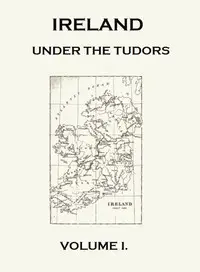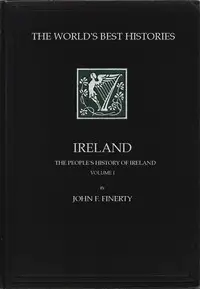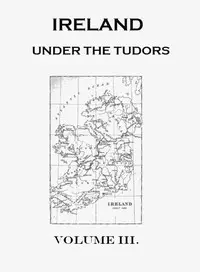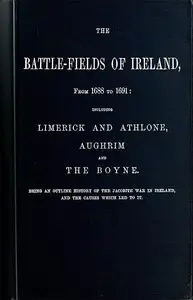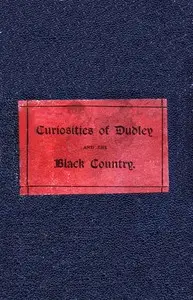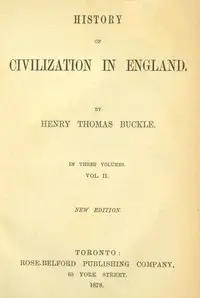"A Popular History of Ireland: from the Earliest Period to the Emancipation of the Catholics" by Thomas D'Arcy McGee is a detailed historical exploration that probably dates to the 1800s. The book tells the story of Ireland's tough battles for independence and the religious clashes that molded its people. It starts with the effects of the English Reformation on Ireland, especially during Sir Henry Sidney's time, covering the problems caused by leaders such as O'Neil and the Geraldines, and the pushback against English rule. The story shows how groups formed, how powers rose and fell, and how politics and war mixed together as the Irish fought for their religious and political freedoms, which eventually led to Catholic Emancipation.

A Popular History of Ireland : from the Earliest Period to the Emancipation of the Catholics - Volume 2
By Thomas D'Arcy McGee
Witness the dramatic clashes of powerful figures and the relentless fight for religious and political liberty in Ireland's complicated past.
Summary
About the AuthorThomas D'Arcy McGee was an Irish-Canadian politician, Catholic spokesman, journalist, poet, and a Father of Canadian Confederation. The young McGee was an Irish Catholic who opposed British rule in Ireland, and was part of the Young Ireland attempts to overthrow British rule and create an independent Irish Republic. He escaped arrest and fled to the United States in 1848, where he reversed his political beliefs. He became disgusted with American republicanism, Anti-Catholicism, and Classical Liberalism. McGee became intensely monarchistic in his political beliefs and in his religious support for the embattled Pope Pius IX.
Thomas D'Arcy McGee was an Irish-Canadian politician, Catholic spokesman, journalist, poet, and a Father of Canadian Confederation. The young McGee was an Irish Catholic who opposed British rule in Ireland, and was part of the Young Ireland attempts to overthrow British rule and create an independent Irish Republic. He escaped arrest and fled to the United States in 1848, where he reversed his political beliefs. He became disgusted with American republicanism, Anti-Catholicism, and Classical Liberalism. McGee became intensely monarchistic in his political beliefs and in his religious support for the embattled Pope Pius IX.

